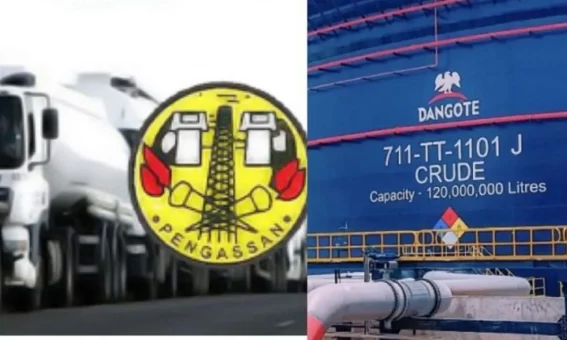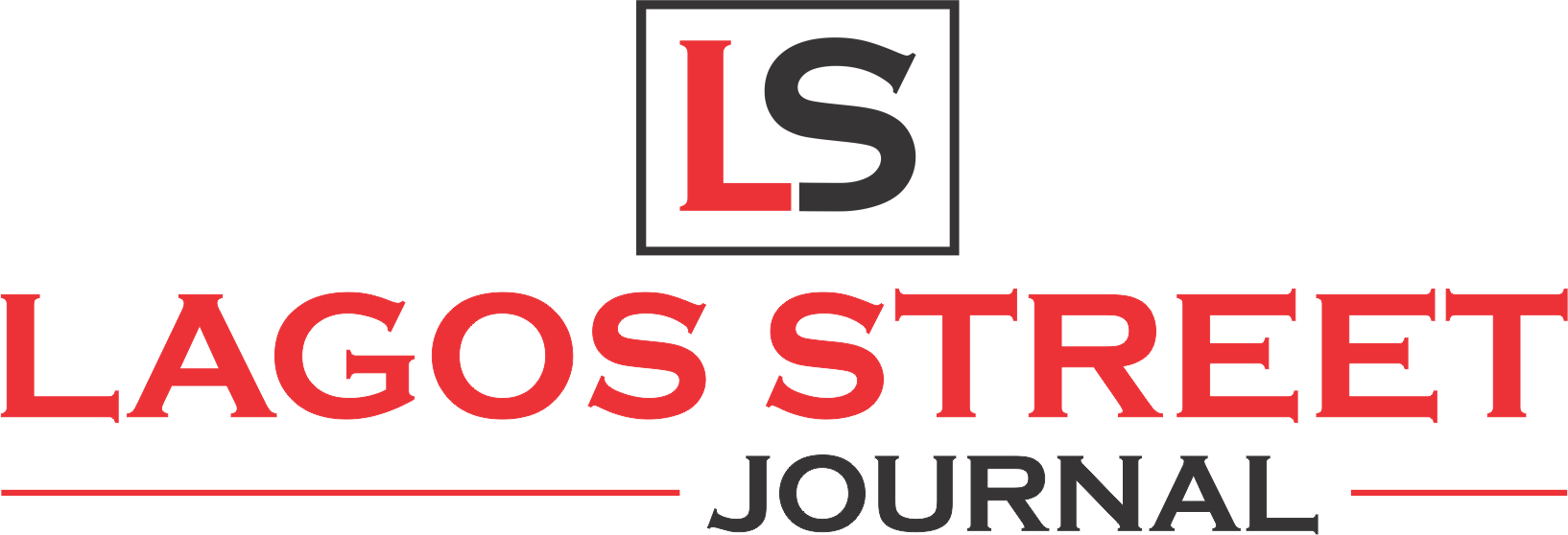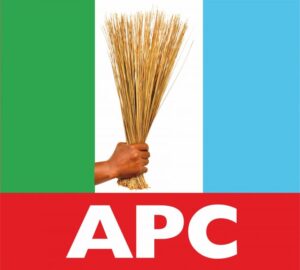(ANALYSIS) “Renewed Hope” on Trial: How PENGASSAN–NUPENG vs Dangote Refinery Clash Exposes Nigeria’s Deep Contradictions

By Lawrence Oladotun
Nigeria stands at a pivotal moment. President Bola Ahmed Tinubu’s Renewed Hope Agenda promises a new dawn: energy security, industrial revival, and dignity for workers. Yet, just weeks into a major labour standoff between oil unions (PENGASSAN, NUPENG) and Dangote Refinery, many are asking whether “renewed hope” will survive the test of entrenched power—and whether the ordinary Nigerian will be a beneficiary or a casualty.
Cabals without Aso Rock addresses
Since 1999, successive governments have promised to liberate the petroleum industry from the grip of powerful cartels. Yet, as critics note, these “cabals” rarely sit in Aso Rock. Instead, they thrive in institutions that claim to speak for the people.
Union federations like the Nigeria Labour Congress (NLC) and the Trade Union Congress (TUC) have a proud history of defending workers’ rights. But they also stand accused of exploiting the very masses they claim to protect — “like rats eating the masses and blowing soothing breeze on the spot they feed,” as one worker described it.
The Spark: Mass layoffs, sabotage allegations, and the union war cry
On September 26, Dangote Petroleum announced it had laid off “some of its workers,” invoking sabotage as the justification. The company did not disclose the exact number at first, although union sources claimed over 800 unionized staff were affected. Dangote, for its part, stated that the reorganisation was necessary to protect the refinery’s safety and operational integrity.
PENGASSAN responded with fury. On September 27, it ordered its branches to halt crude and gas supplies to Dangote, demanding immediate reinstatement of the affected workers. “Crude oil supply valves to the refinery should be shut. The loading operation for vessels headed there should be halted immediately,” said PENGASSAN’s directive under General Secretary Lumumba Okugbawa. The union also accused Dangote of replacing Nigerian labor with foreign nationals—particularly Indian engineers—under the guise of restructuring.
The union’s armament was not idle rhetoric: within days, its nationwide walkout shuttered offices of the NNPC, the Upstream Petroleum Regulatory Commission (NUPRC), and the Downstream/Midstream regulator (NMDPRA). PENGASSAN claimed the refinery had circumvented due process, while Dangote sought court orders to restrain union interference with crude and gas supply.
The Fallout: Lost output, power collapse, revenue shock
Within the first days of the strike, the impact was stark and unambiguous. Nigeria’s daily oil output plunged by about 16%, amounting to roughly 283,000 barrels per day, and gas production fell by 1.7 billion standard cubic feet. More than 1,200 megawatts of power generation went offline. Critical export terminals like Akpo, Brass, and Egina saw cargo loadings delayed, risking demurrage and supply bottlenecks.
State oil firm NNPC warned of a “material threat to national energy security” if the standoff continued. In the words of an NNPC spokesman, Andy Odeh, “We are closely monitoring the situation and remain engaged with relevant stakeholders to encourage a constructive resolution.”
The disruption jolted markets, strained foreign exchange reserves, and heightened fears of fuel scarcity across Nigeria’s 36 states.
A truce—but an uneasy one
By October 1, after frantic negotiations involving the federal government, Dangote, and union leadership, PENGASSAN agreed to suspend the strike. Under the agreement, the dismissed workers would be reinstated across Dangote’s companies “without loss of pay” and in roles closely aligned to their previous duties. The conciliation panel declared the dismissals “unjust” and reaffirmed workers’ right to unionize under Section 40 of Nigeria’s Constitution.
In its communique, PENGASSAN’s National Executive Council stated:
“We deeply appreciate your solidarity, discipline and unwavering commitment … as the leadership continues to monitor developments.”
Yet, the union cautioned that the suspension is provisional and warned: “Any slip on the part of Dangote … we will resume this suspended industrial action.”
Despite the declared progress, analysts point out that the deal stops short of resolving deeper structural conflicts: who controls recruitment, union access, profit-sharing, and oversight.
Why this battle matters to “Renewed Hope”
For Tinubu, this confrontation is not just another labour squabble—it is potentially a litmus test for the Renewed Hope Agenda. The stakes are layered:
1. Symbolism vs Substance
On the face of it, the Dangote facility is the linchpin of Nigeria’s ambition to exit fuel import dependency. As Africa’s largest refinery (650,000 barrels per day), it carries both economic and symbolic weight. Yet the ability to defend it—or let it be strangled by union pressure—signals whether government reform is real or rhetorical.
2. Investor Confidence vs Labour Solidarity
Should Tinubu’s government be seen as tilting toward Dangote (and by extension, big capital), labour unions will interpret that as betrayal. Conversely, if the state yields too much to union demands, it could signal to investors that property or contract rights are insecure.
3. Transaction vs Trust in Institutions
The crisis has renewed calls for greater transparency—especially in union financials, procurement, and industrial relations. For a policy agenda premised on institutional renewal, the optics of opaque union dues (and alleged extortion practices) are toxic.
4. The Real Cabals Are Not in Aso Rock
The real control may not lie in federal offices but in unions, middlemen, associations, transport syndicates, and local power brokers. Their revenues are vast, yet unaccounted for. The Dangote fight is one rare moment when a long-hidden audio-visual ledger is blinking.
Voices from the ground: Skepticism, anger, irony
Some workers—especially in the lower echelons—express bitterness. One lump-of-coal operator (name withheld) lamented that union deductions regularly swallow up 5% of his salary. Over four years, he said, that amount could have bought him a plot of land in his hometown. Instead, he grumbled, “They collect and share the money under the guise of helping us.”
Others point to the union silence over Dangote’s accusation that NUPENG collects ₦50,000 from each tanker load. “It’s been four days,” one marketer said; “if it’s false, why no rebuttal? The public assumes it’s true.”
Critics also note hypocrisy: unions campaign loudly that the government’s ₦75,000 minimum wage is too little for workers to live on, yet they continue to deduct dues from those same salaries.
In transport hubs, extortion is a fact. Some commercial vehicle drivers reportedly pay ₦10,000 daily just to load passengers; cumulatively, that means over ₦3 million per driver annually—before local government levies. The unions, at times, benefit from such informal systems.
When Lagos State attempted to crack down on union-sponsored extortion, TUC President Festus Osifo vowed to “shut down Nigeria” if the “parasitic unions” were barred from operation. Such pronouncements fuel the perception that unions defend themselves more than the workers.
In response to tensions, Dangote recently launched a parallel trucking venture, Direct Trucking Company (DTCDA), and claimed many drivers had withdrawn their membership from NUPENG—asking that their dues be paid directly into their accounts, bypassing the union machinery. Whether this is genuine choice or a pressure tactic is widely debated.
The test for Tinubu’s Renewed Hope
President Tinubu’s Renewed Hope Agenda was designed to deliver bold reforms and restore public faith in government. But the refinery saga exposes a delicate fault line: can his administration protect strategic private investments while still defending workers’ rights?
If Tinubu sides openly with Dangote, he risks alienating labor — a powerful political force. If he leans toward the unions, he risks undermining investor confidence and delaying Nigeria’s path to refining self-sufficiency.
His challenge is not only to mediate the current crisis but to address the deeper systemic issues: union transparency, regulatory enforcement, and the cost of hidden levies that ultimately fall on consumers.
The real cabals and the ordinary Nigerian
For decades, Nigerians have been told that “cabals” live in Abuja. But as critics of the unions argue, the real cabals are those embedded in the markets, depots, and motor parks, extracting billions daily under the banner of protecting the people.
In this telling, the Dangote Refinery fight is less about one billionaire versus workers and more about whether Nigeria can finally break a cycle of parasitism that has crippled its oil and transport sectors for a generation.
Scenarios ahead: Hope realised or hope bettered
Scenario 1: Managed Reform
Tinubu’s government enshrines the current deal, embeds monitoring mechanisms, and uses this moment to push for union financial transparency, performance audits, and regulatory oversight. Stakeholders are held accountable. The refinery becomes proof that public, private, and labor interests can coexist in a modern Nigeria. If unions falter later, this framework holds them to stricter discipline.
Scenario 2: Coup de Pragmatism
To maintain energy stability and investor confidence, the government quietly sidelines union grievances, reasserts management prerogative, and forces a tougher posture on future industrial action. Union leaders end up weakened or coerced, while the masses—still paying fuel bills—see little structural change.
Scenario 3: Return to Old Order
If the truce collapses and strikes returns, not only does economic damage intensify, but the Renewed Hope Agenda may be declared bankrupt. Unions resume covert sabotage in other refineries. Investors lose faith. The powerful remain unchallenged; Nigeria remains trapped in the same vicious cycle.
The hope that must be earned
President Tinubu’s Renewed Hope Agenda is not a slogan—it is an existential wager. The PENGASSAN–NUPENG vs Dangote standoff is far more than a labour conflict; it is a stress test for governance, accountability, and the promise of new Nigeria.
Will Tinubu defend the refinery and enforce a new standard of union accountability? Or will he retreat, yielding once again to the hidden cabals that thrive outside Aso Rock? For millions of Nigerians who pay the fuel, the dues, and the economic cost, this moment may define whether “renewed hope” is real—or just another hollow promise.









